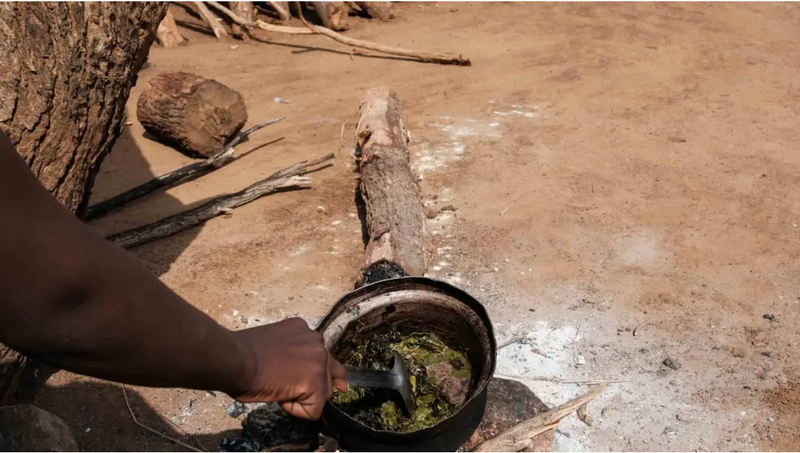Bosnia: Serb Opposition Parties Call for Election Recount
Opposition parties in the Republic of Srpska, a Serbian political entity that is part of Bosnia & Herzegovina, have officially called for a recount of ballots cast over the weekend during general elections. The parties accused long-serving Serb leader Milorad Dodik of fraud.

Facts
- Opposition parties in the Republic of Srpska, a Serbian political entity that is part of Bosnia & Herzegovina, have officially called for a recount of ballots cast over the weekend during general elections. The parties accused long-serving Serb leader Milorad Dodik of fraud.
- Dodik obtained 48% of the vote, while his opponent, Jelena Trivic, garnered 43%, with greater than 95% of polling stations reporting.
- Though it initially looked like Trivic was in the lead and declared victory, Dodik also declared victory not long after. Fraud has been alleged as opposition election monitors were reportedly driven away by harassment during the process.
- The vote, which was held on Sunday, pitted nationalists, like Dobik, against reformists. Bosnia is facing its worst political crisis since the end of the violent breakup of Yugoslavia during the 1990s.
- The biggest political shake-up from the elections was the defeat of Bakir Izetbegovic - his nationalist Bosniak Party of the Democratic Action (SDA) has been in power since 1996. Izetbegovic lost to Denis Becirevic, a moderate and reformist.
- Bosnia is composed of two autonomous regions - the Serb-dominated Republic of Srpska, and the Federation shared by Bosnian Muslims and Croats. These regions comprise a complex and decentralized political system.
Sources: Al Jazeera, CNN, and Reuters.
Narratives
- Narrative A, as provided by Robert Lansing Institute. Bosnia's system of governance has empowered reactionary nationalists who want to divide the country for their benefit. This decentralized system has empowered "strong men" to develop patronage systems outside of the state, leading to economic and political stagnation. Bosnia's only path forward is for reformists to take power and end the ethnic-nationalist divisions that have defined Bosnia's politics since the end of the war.
- Narrative B, as provided by RT. The only reason there has been agitation against Dodik is his strong stance against the West and his desire to tilt Bosnia toward Russia. Dodik is a strong nationalist leader who understands that Russia is Bosnia's only partner who respects its interests. Given the West's aggression against Russia in Ukraine, Western powers have undermined Dodik because he wants to buy Russian oil and gas. This is a geopolitical power play.






